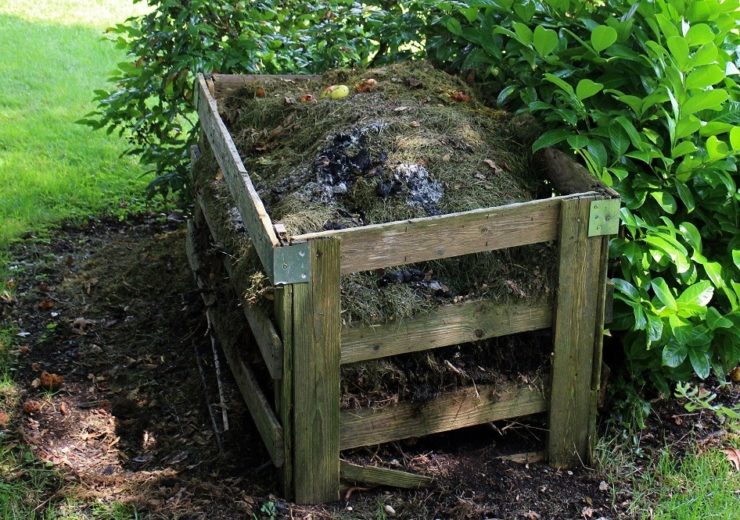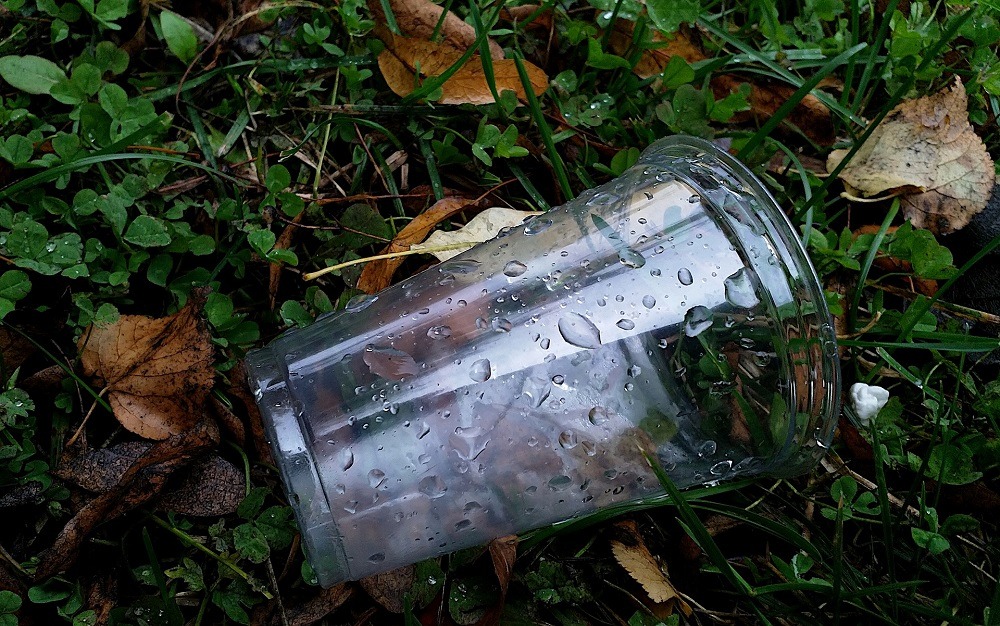The study commissioned by plant-based packaging firm RawPac also found 29% of people regularly put their compostable food packaging in normal waste bins

Most compostable packaging has to go through a waste treatment plant to biodegrade (Credit: Pixabay)
Nearly one in four adults in the UK say they’ve tried and failed to compost their compostable coffee cups and food packaging, according to new study.
Of the 2,000 people questioned in the study, commissioned by plant-based packaging company RawPac, one in five believe it’s okay to drop these items and leave them outside.
RawPac owner Tim Wilson believes confusion around the term could lead to an increase in eco-littering and believes further education is needed.
He said: “Home composting isn’t suitable for most ‘compostable’ food and drink packaging.
“This sort of packaging requires a commercial composting facility for it to break down.
“But consumers can be forgiven for being confused. After all, it often says ‘compostable’ on the packaging.
“That’s why we’ve started calling our products ‘plant-based’, rather than ‘compostable’. It manages expectations.”
Consumer expectations for compostables out of kilter with reality, says plant-based packaging firm
Of those questioned in the survey, 18% said they didn’t see much benefit in recycling their packaging, as most of it “ends ups in landfill anyway”, with 29% of people saying they regularly put their compostable packaging in normal public litter bins.
Alongside this, the RawPac study found that 18% of consumers believe compostable packaging would biodegrade “by itself” if left in the environment.
The research also found younger users were most likely to believe it’s okay to drop waste onto the ground if it’s compostable, with 28% of 18 to 34-year-olds saying they’d dropped this kind of litter because they thought it was okay to do so.
Allen believes consumer expectations on how to dispose of this type of product is out of kilter with the reality of the situation.
He said: “Labelling food and drink packaging as ‘compostable’ can cause consumers to see littering as harmless.
“Obviously a plant-based cup will break down eventually, but it is still an eyesore and contributes to other problems while it sits in a hedgerow or by the side of a road.
“The industry is working hard to improve packaging and lower the environmental impact of convenience food and drink, but consumers are clearly frustrated at what they perceive to be a lack of facilities.

“Even if plant-based packaging goes to landfill, it is better for the environment as it breaks down naturally over time, something which normal paper cups don’t do because of the waterproof coating used.
“The fact that a significant amount of consumers think that ‘sending to landfill’ is a bad thing in itself suggests we could all be doing more to educate people on the benefits of plant-based food and drink packaging.”
Allen also thinks changing the description for these types of packaging products from “compostable” to “plant-based” would be more useful for consumers.
He said: “We’re at a crucial point in the journey toward reducing our carbon footprint and hitting a critical mass of consumers demanding sustainable products, but if they think that their own effort is wasted, we’ll lose that support and momentum very quickly indeed.
“One thing that really frustrates our customers is the lack of consistency across local authorities.
“With some authorities you can recycle certain things that others won’t let you.
“And that applies to green waste too, which requires better provision from local authorities and better awareness among consumers.”
